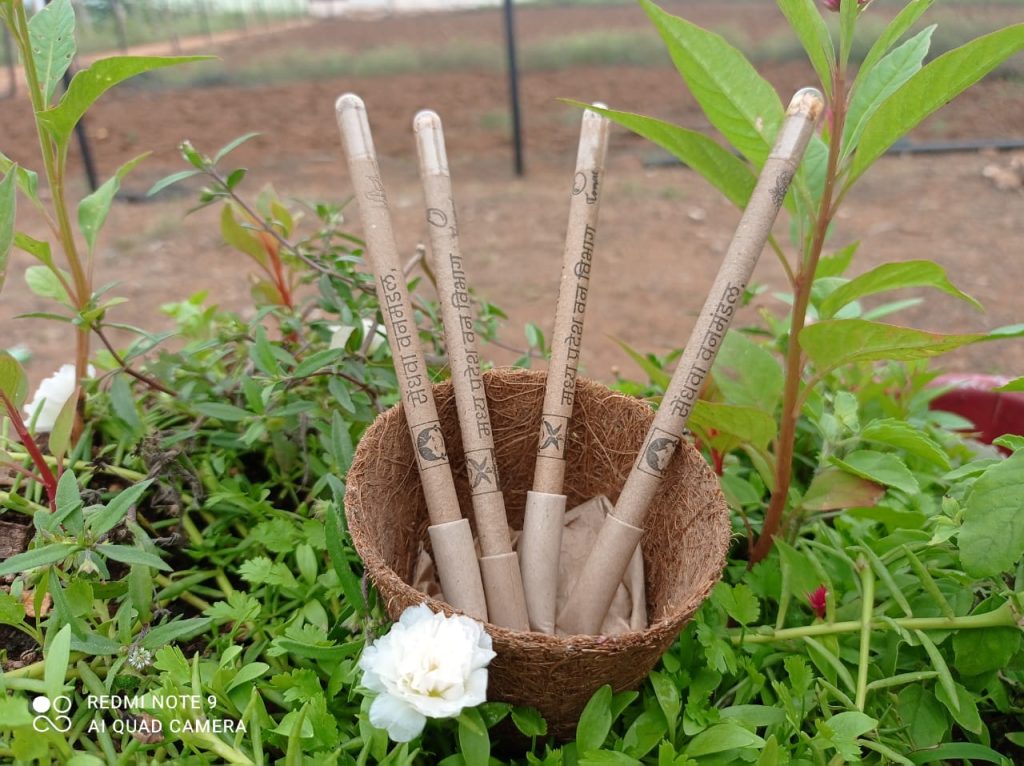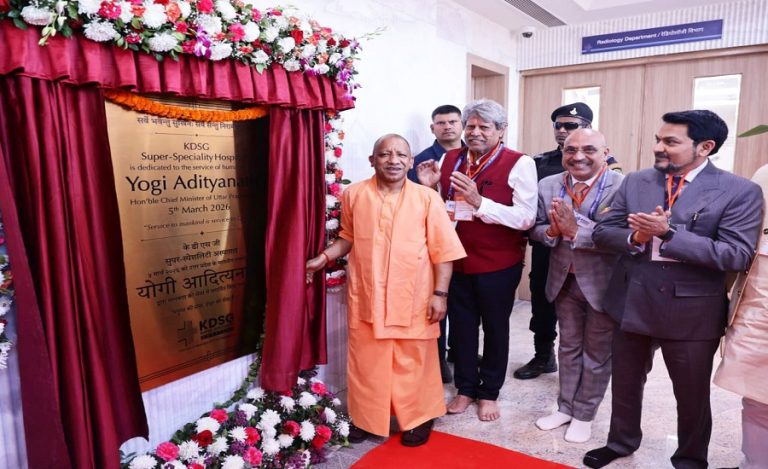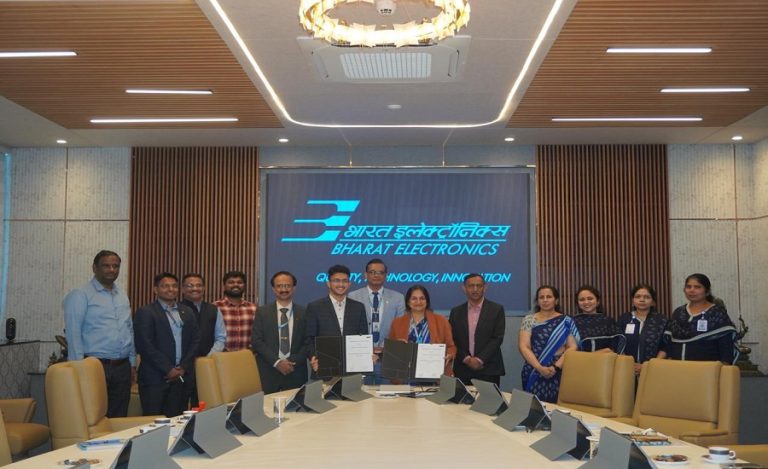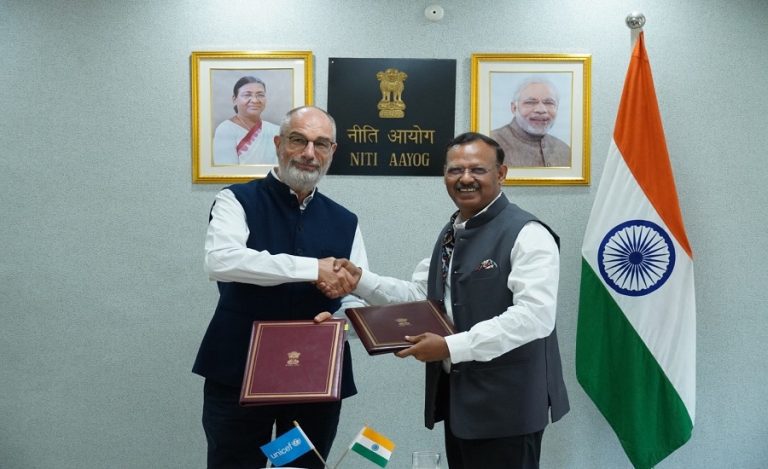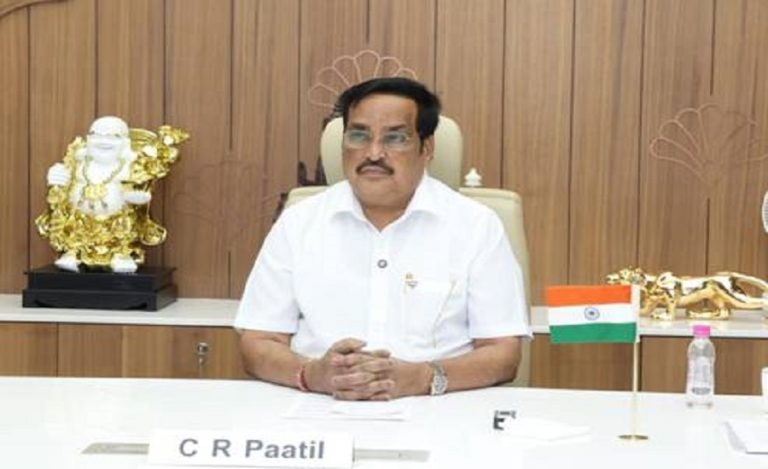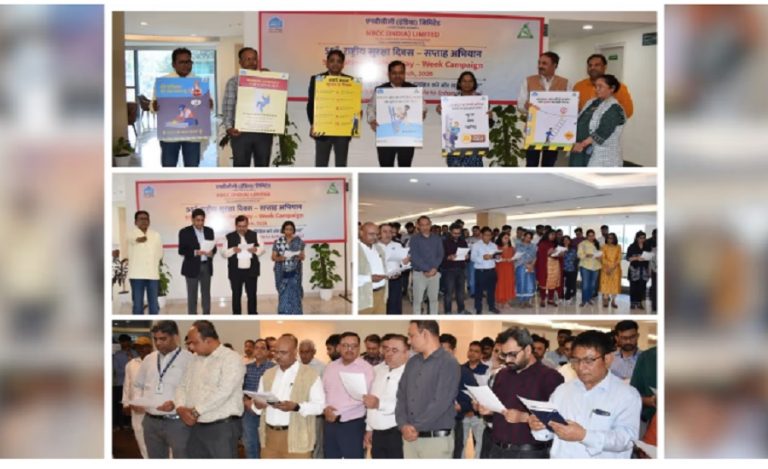IFS officer Anupam Sharma, the District Forest Officer (DFO) of Sendhwa Forest Division in MP, has been taking numerous steps towards sensitization of the local people, especially the children, about the importance of refraining from acts that can damage the environment and harm our wildlife. Not using single use plastic is one measure, that he has ensured, is strictly followed in his division.
Lately, he has been promoting the adoption of an environment-friendly lifestyle, and plantable eco-friendly pens were launched to support this. The special feature of these pens is that they will grow into a plant when decomposed.
Indian Masterminds spoke to Mr. Sharma to know more about this initiative.

ANUBHUTI CAMPS
When, this month, Anubhuti camps were organised in the Sendhwa Forest Division, the theme chosen was ‘Mission Life’, for which, the inspiration was drawn from Prime Minister Narendra Modi’s global initiative, ‘Lifestyle for the Environment (LiFE)’, launched on World Environment Day earlier this year.
Started by the MP Forest Department and MP Eco Tourism Development board, this theme for this year’s Anubhuti camp was dedicated to ‘Mission Life’, wherein the main focus will be on building a better environment-friendly lifestyle. And, in accordance with the theme and focus, the forest department, under the guidance of Mr. Sharma, launched the plantable eco-friendly pens which will grow into plants when decomposed.
Giving more details of the camp, Mr. Sharma said, “Anubhuti camps are events meant for school children studying in classes 8 to 12. Under the guidance and instruction from MP Forest and Eco Tourism Development Board, each range is usually given a target of organizing two Anubhuti camps. The main objective of these camps is to increase the sensitivity and awareness about forest, wildlife, environment protection in the young minds.”
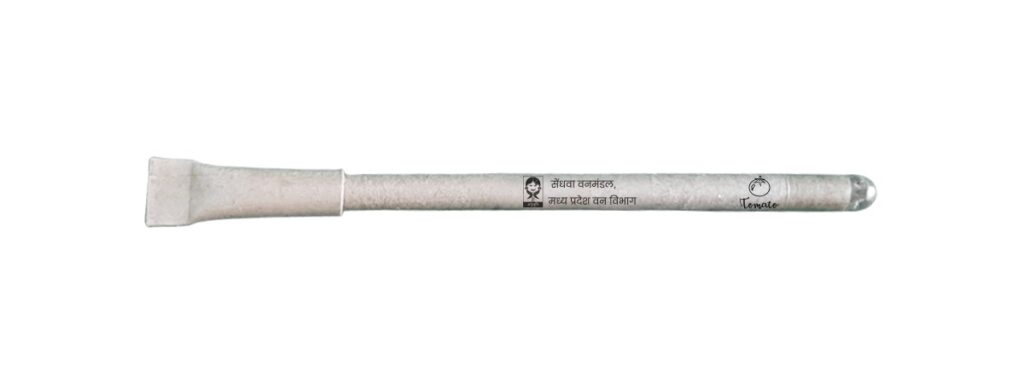
ECO-FRIENDLY PENS
As 2022 is coming to an end, this year’s theme has been dedicated to ‘Mission Life’, wherein the main focus will be on improving and building a better lifestyle towards environment. Hence, to build a lifestyle that actively supports the environment, the plantable eco-friendly pens were launched, which will grow into plants when decomposed.
As Mr. Sharma has been proactively working on reducing the use of plastic, this was a necessary step. “My target since last year has been the reduction of plastic waste from the Sendhwa forest division for which I have been taking various steps. If we look at the top three plastic polluters in India, the first one is plastic packaging, followed by plastic bottles, and plastic pen and toothbrush. This initiative is targeting the third biggest plastic polluter, plastic pens, as mostly after usage, they are disposed off carelessly in the environment. They do not degrade for many years and pollute both land and water,” he said.
Hence, the idea of adopting plantable pens was floated and to support this vision, a company called PEPAA in Coimbatore was roped in. Mr. Sharma had first looked for local producers,but not finding any, he collaborated with the company based in Tamil Nadu.
He said, “Based upon our local climate and our specifications, I had asked them to include seeds of seven species of vegetables and herbs, like tomato, fenugreek, chilly, brinjal, spinach, coriander, etc. When the pen, made out of waste paper and cardboard, is decomposed from the back side, it degrades in a few days and grows into a plant.”
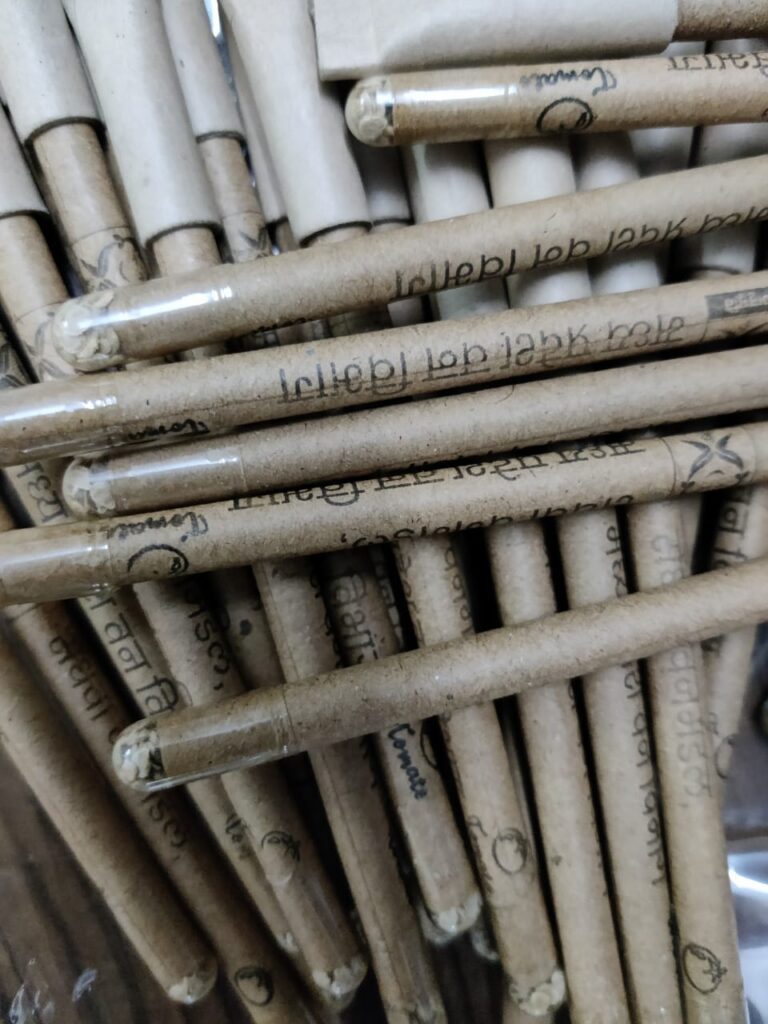
ONE PEN, MANY USES
The pens were distributed to all children and members who attended the first Anubhuti camp organised this month. Nine more camps will be organised, in which, around 1000-1500 pens will be distributed.
The initiative will not only help in reducing plastic waste, but will also help in fighting malnutrition in certain places of the region, like the Nimar area, by growing nutritious vegetable and fruit growing plants.
Many plantable things have come up and have even been introduced in the market, like plantable rakhi, for instance. However, the plantable pens will also serve the bigger purpose of converting the third biggest plastic polluter (plastic pens) into an eco-friendly product.

